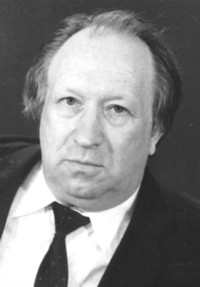I've had a few days of not writing nor spending my initial hour or so in the day working on scholarship, and the ghosts telling me I cannot do this have started to emerge.
To rid myself of them, nothing better than writing about them. Confronting them. Riding them. I'm echoing advice I read yesterday regarding panic attacks. I'd never tried to ride the panic attack, carry on doing my activities regardless, confronting it and telling it to go away rather than crawling away from it, forming a ball on the floor. This technique might be useful maintaining motivation at work, doing academic work.
It doesn't matter if it's research or scholarship. The ghosts are the same. Anything that involves writing, something I'm supposed to be good at, frightens me at the point when it starts boiling. And I usually leave it to cool down, then feel bad about it and struggle enormously to go back to it if I ever manage at all.
I need some clarity here. This has happened to me in the context of journalistic writing too. It's not just related to academia. When the going gets tough, self-doubt paralyses me and I run away. It is the thing I love the most that I sometimes find to be pointless. How is that possible? Do I care about it so much, perhaps, that I become overwhelmed with fear of failure, of not writing the best I can?
This must be what has prevented me from publishing more academic outputs, particularly journal articles.

